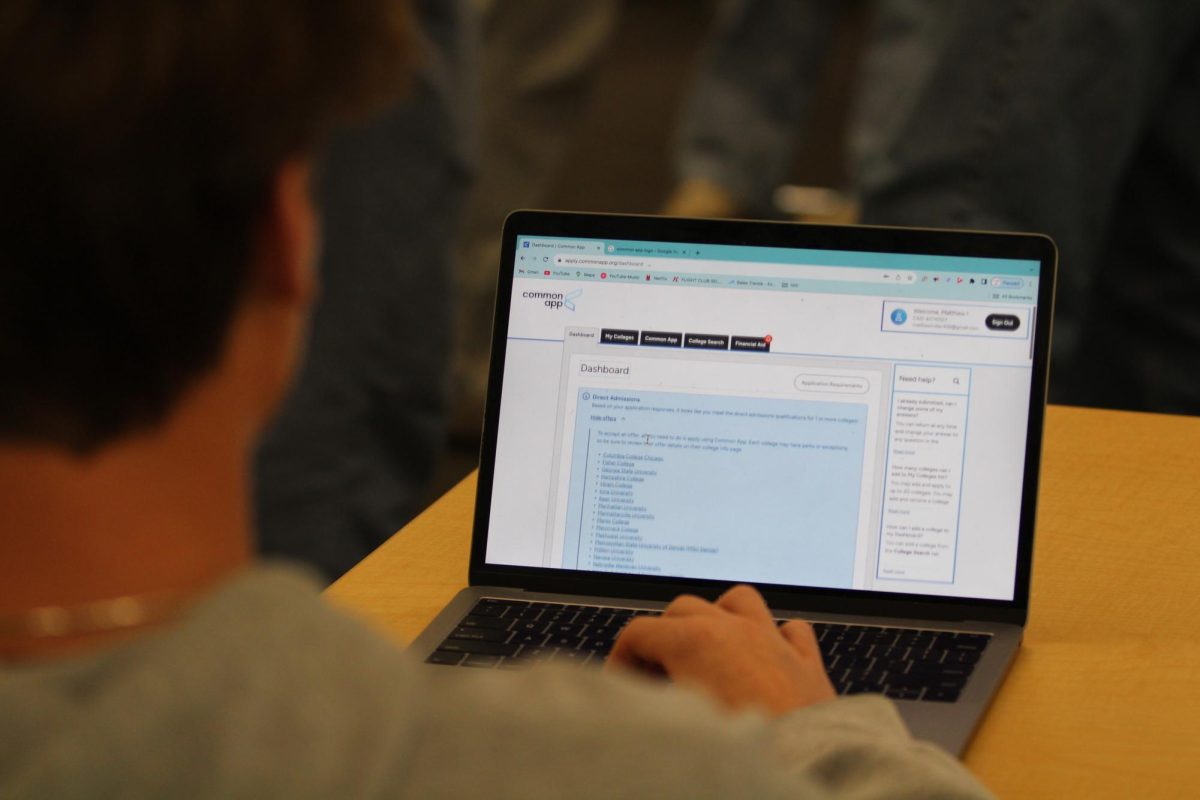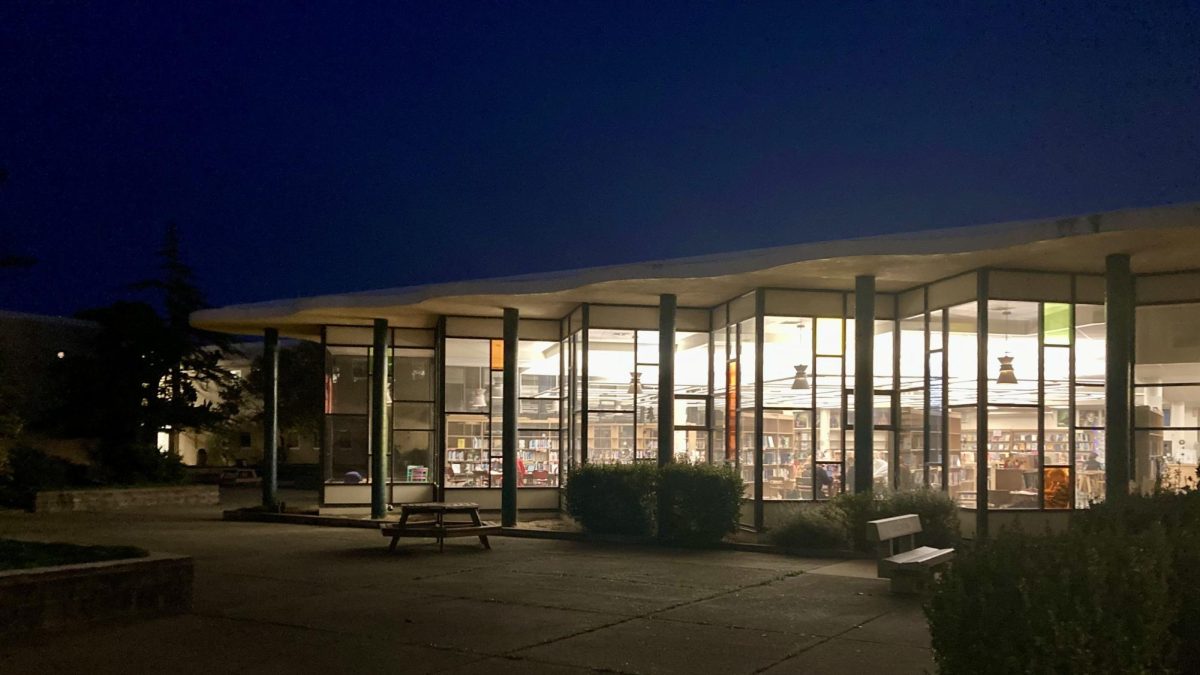Students across the country await for the Free Application for Federal Student Aid (FAFSA) process to be finished, as this year’s timescale for FAFSA has been marred by a series of errors, including ones of delay and calculation. The information gained from the FAFSA form also influences state and school aid that students receive. This year, FAFSA has undergone important changes, due to the FAFSA Simplification Act, that can affect seniors going to college in the 2024-2025 school year. One such change is that the FAFSA form is much shorter compared to previous years. As College and Career Specialist Becky Bjursten explains,
“The general idea for the FAFSA Simplification Act is to make it easier for all families … taking it from 100 to 36 questions makes it easier [to complete] and it also helps the federal and state governments make sure the money goes to people who need it,” Bjursten said.

While shrinking the FAFSA form, by connecting to IRS data, allows more people to access financial aid packages, it can also affect families with multiple children concurrently enrolled in college.
“In previous years, if you had multiple children in college, it would then divide that [the amount one’s family could provide for college] number [by the number of children in college at the same time] … now, that is not part of the consideration for FAFSA. So, they [no longer] give a differential if you have multiple students in college,” Bjursten said.
The motivations behind the decision to remove the “sibling discount” are unclear. Some speculate it may be part of the push to simplify the FAFSA. Regardless, these changes mean that families with more than one child in college will receive fewer funds from the federal government, which impacts college for many students. A Bark survey conducted in March concluded that 35 percent of seniors’ college decisions would be affected by the financial aid they received from FAFSA. While some of these now lacking funds could be provided at an institutional level, it will further complicate the FAFSA process, and the onus will be on students to reach out to multiple institutions for necessary funds.

Corin Greenberg, a social studies teacher who has helped students navigate the FAFSA process, believes that the simplified FAFSA may allow students to complete the form more independently.
“[The FAFSA and college applications] are the first experience that students have…with formal bureaucracy … and I think everyone needs some sort of support,” Greenberg said.
While there are benefits and downsides to the FAFSA Simplification Act, it has caused delays to the application process this year. Firstly, the form to apply for the FAFSA came out in early January 2024 instead of early October 2023. Additionally, in late March 2024, an error was discovered in the calculations for financial aid, which will further delay over a million students’ financial aid information. This means that far fewer students have filled out the form so far this year, and colleges are significantly behind in processing financial aid forms. Many universities have postponed their deadline for submitting the Intent to Register from May 1 to mid-May, as a result of FAFSA’s delays.





